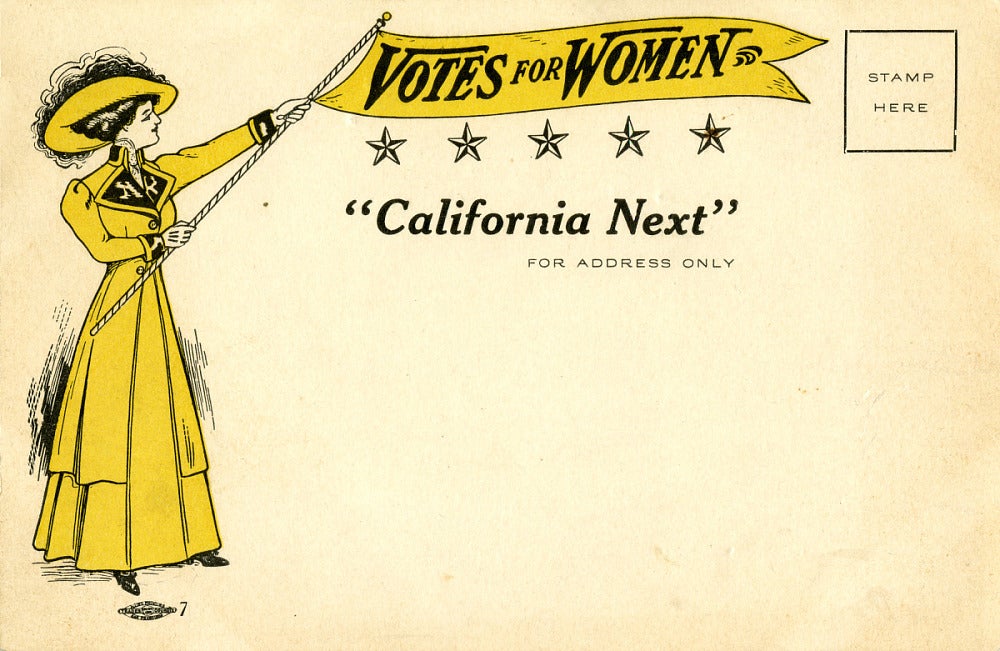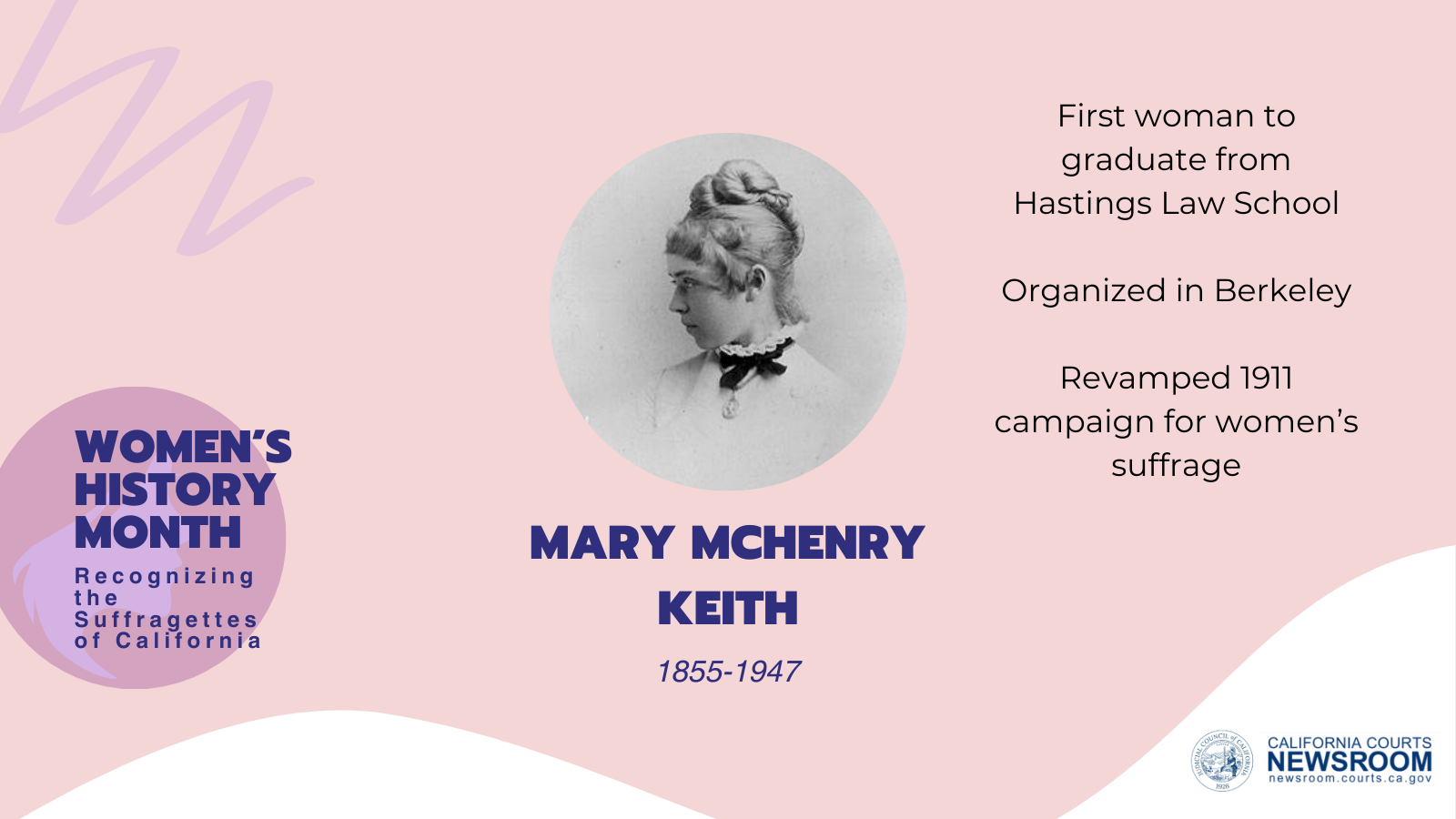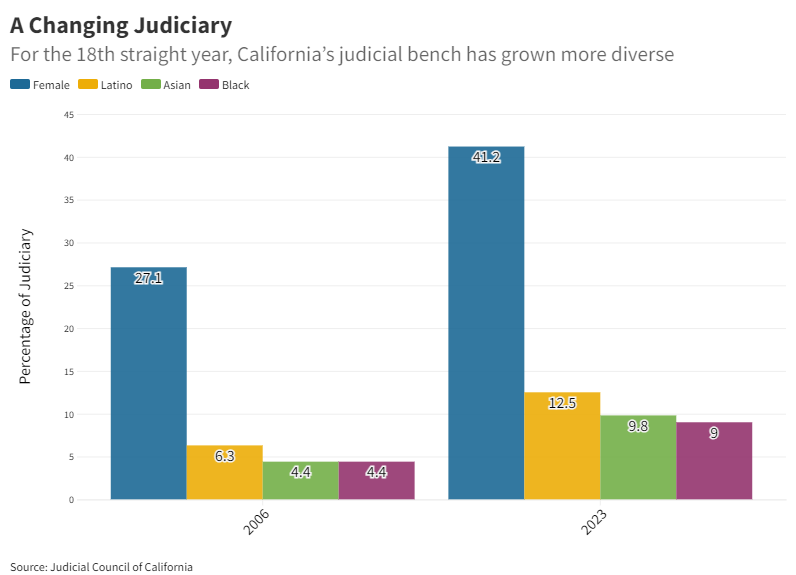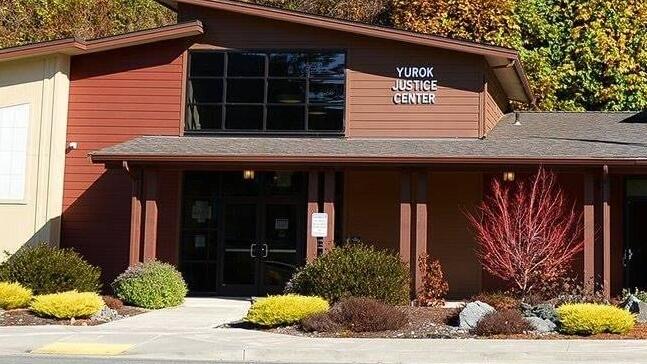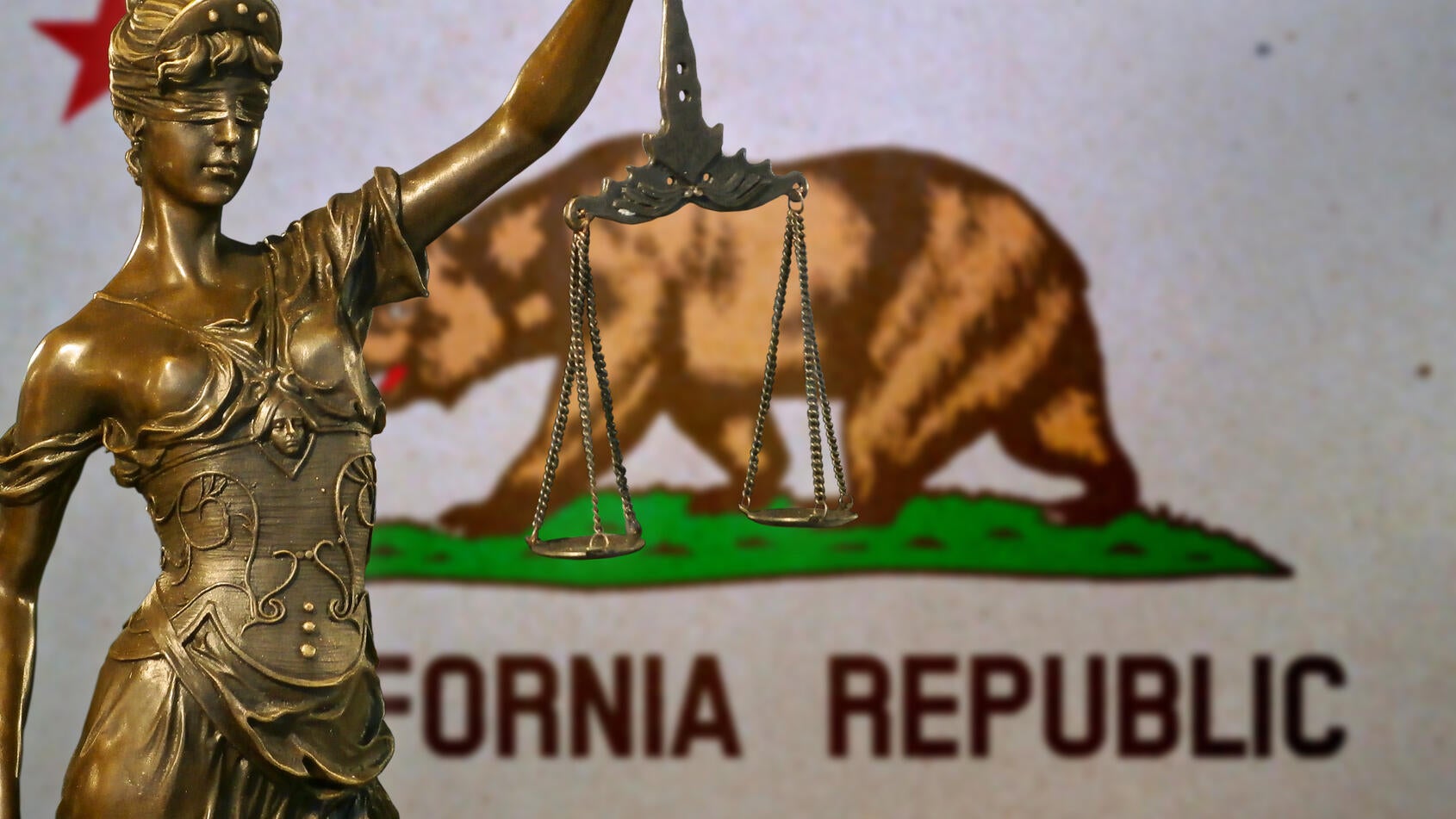
Women's History Month: Recognizing the Suffragettes of California
Read our second Women's History Month feature on the female judicial officers that broke barriers in California.
This month, California courts and the Judicial Council of California join the nation in recognizing Women's History Month.
In this feature, we pay tribute to suffragettes in the legal field who helped advance women's rights in California. Several generations of woman suffrage supporters lectured, wrote, marched, lobbied, and practiced civil disobedience to achieve what many Americans considered a radical change in the Constitution – guaranteeing women the right to vote. In an upcoming feature, we commemorate the female judicial officers who have contributed to progress in the judicial branch.
Clara Foltz
Clara Shortridge Foltz became the first female lawyer in California after authoring the Woman Lawyer’s Bill, amending California law to allow women to take the bar exam. She was also the first woman to serve as clerk of the judiciary committee of the State Assembly, the first woman deputy district attorney in the United States, and the first to run for governor.
After Foltz and fellow suffragist Laura de Force Gordon enrolled at Hastings College of Law, the Hastings board informed them that women were not allowed to study there. Foltz and Gordon sued Hastings and represented themselves in court. The trial court ruled in the women’s favor; however, Hastings appealed the case and won. The case went to the California Supreme Court, which ruled in favor of the women. The decision influenced California’s 1879 Constitutional Convention to adopt two clauses guaranteeing women access to education and employment, the first state to do so.
Foltz is also considered the founder of the California parole system and originator of the public defender system.
Laura De Force Gordon
Laura de Force Gordon was a lawyer and newspaper editor who advocated for women’s rights. She contributed to the founding of the California Woman Suffrage Society. In February 1868 in San Francisco, she delivered a call for equal rights for women, one of the first such public appeals to be made in the West.
She actively lobbied for Clara Foltz’s Woman Lawyer’s Bill and later joined her in the landmark Hastings lawsuit, where the California Supreme Court ultimately ruled women had a right to attend the law school. Their victory set off a precedent for women’s rights to employment and education in California.
Gordon practiced general and criminal law in San Francisco and Stockton, and became the first woman in California to argue a case to a jury. She became renowned for her defenses in murder cases and practiced in front of the United States Supreme Court.
Mary McHenry Keith
Mary McHenry Keith was the first woman to graduate from Hastings Law School. She practiced law for a short while before fully participating in activism for women’s and animal rights. She organized in Berkeley with the Woman’s Congress, Berkeley Political Equality Club, and other organizations.
Keith's leadership was key to the passing of women's suffrage in California in 1911 (marking "The Sixth Star"). After the dismissal of the campaign in 1896, Keith began a new approach to the movement with messaging that emphasized the right and need to co-education and utilizing devices such as cars and telephones for outreach to rural areas. In 1912, she was elected president of California’s Equal Suffrage Association, where she supported suffrage on a national level and contributed to the 19th amendment's ratification in 1920.
Gail Laughlin
Gail Laughlin was the first woman to practice law in Maine and served on the Maine State Senate, but she had a big impact in California. In 1914, she opened a law office in San Francisco. There, she helped found the National League for Women’s Service, served as a judge in the police courts, and drafted and passed a law allowing women to serve on juries.
Laughlin's impact reached beyond California and her native state. She began her advocacy for women on juries in 1908 in Denver, where she opened her second law office. She delivered the opening keynote at the first National Federation of Business and Professional Women convention in 1919 in St. Louis and was elected as the organization's first national president. In 1927, she helped campaign for the Equal Rights Amendment and led a 200-car motorcade from Kansas to South Dakota to confront President Calvin Coolidge during his vacation.


